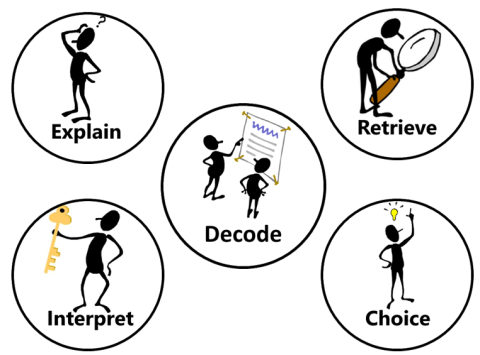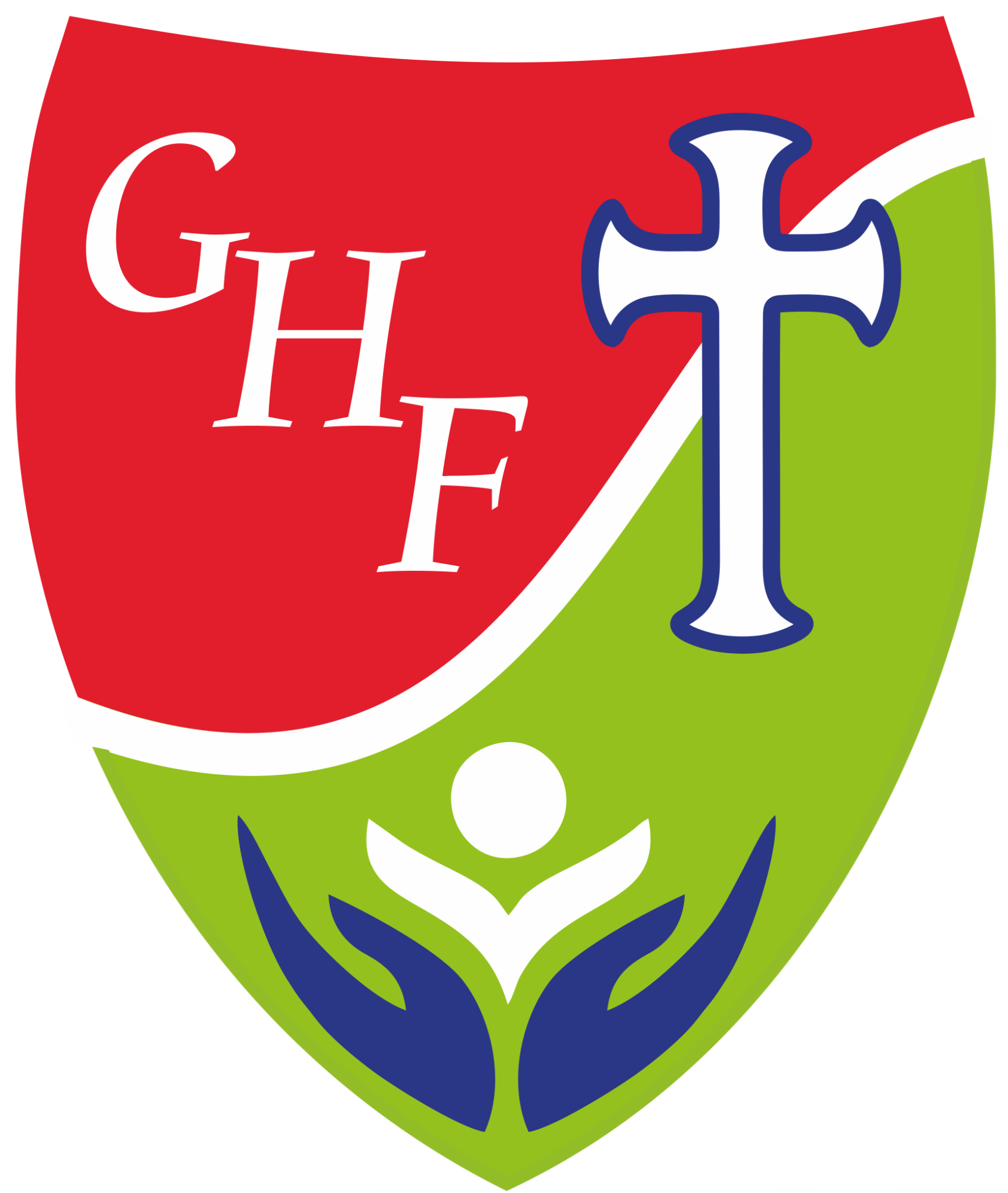Reading
Kids who read succeed!
Reading at Home - Here are our 6 top tips for parents:
- Make the time for daily reading - just 15-20 minutes a day can make a huge difference.
- Read different types of books – enjoy stories together but also read books to find out information on topics of interest.
- Take turns to read – children partly learn to read when they follow a text that an adult is reading.
- Talk about the book – encourage your child to give opinions and make predictions.
- Explain/discuss the meaning of new words – experimenting using the word helps your child to add it to their vocabulary.
- Enjoy reading! If your child is getting distressed, end the session and talk to your child’s teacher.
At GHF, in terms of academic learning, reading is a key priority. We ensure there is a balanced approach to teaching the two dimensions of reading: word reading and comprehension.
To support the pupils in the complex skill of learning to decode words we use Little Wandles systematic synthetic phonics programme, where all teaching and support staff have been trained. In the EYFS and Year 1, pupils have a daily phonics lesson, three of which are followed by small group guided reading sessions, where the skills of decoding, prosody and comprehension are taught.
The children will be given a book to take home and /or online book, which matches their phonics knowledge. They will also have the opportunity for a reading for pleasure book, which is not decodable and can be read with an adult. These are labelled for parents to see.
Additionally, In EYFS and KS1 there are a set of core books for each short term, which are read with the children. The children then have the opportunity to take one of these books home to share with their parents
In Key Stage 2 the children take home their Accelerated Reading Book, a reading for pleasure book (if they wish) and a non-fiction book. Children who are still receiving phonics interventions will also have their phonetically decodable book.
Our reading system in Key Stage 2 and part way through Year 2 (only when the children have met the required standards in Little Wandles) is Accelerated Reader. This is a reading management and monitoring programme that aims to foster independent reading. The software assesses reading age, and suggests books that match pupils’ needs and interests. Accelerated Reader is part of a comprehensive reading programme in place at our school and the AR books chosen by your child will provide them with the opportunity to apply the knowledge and skills they have developed. Pupils using AR are encouraged to progress at their own pace.
In class the children will be given between 10- and 20-minutes independent reading time each day, where teachers will monitor their reading and the children can take their quizzes. Passing the quiz is an indication that the children have understood what has been read.
Story Time
At the end of the day all children enjoy a story time session, where they are exposed to a range of high quality and age appropriate texts. At the start of each short term the whole school will also have a focus text for 1 week which will link to ‘Protected Characteristics’.
Reading Comprehension
In Year 2 and Key Stage 2 our reading comprehension is based on DERIC. (See the symbols below) Through this strategy the children are explicitly taught the skills of becoming an analytical reader so they can respond both orally and with written outcomes to in depth comprehension questions.
In Year 2 following the completion of Little Wandle, there are three 20-minute designated reading slots. During these lessons, a range of non-fiction and poetry extracts plus a shared text for narrative comprehension work will be used.
In Key Stage 2 there are three 30-minute designated reading slots; during these lessons a range of non-fiction, poetry (This includes selected poetry for each phase) and narrative texts will be used.

